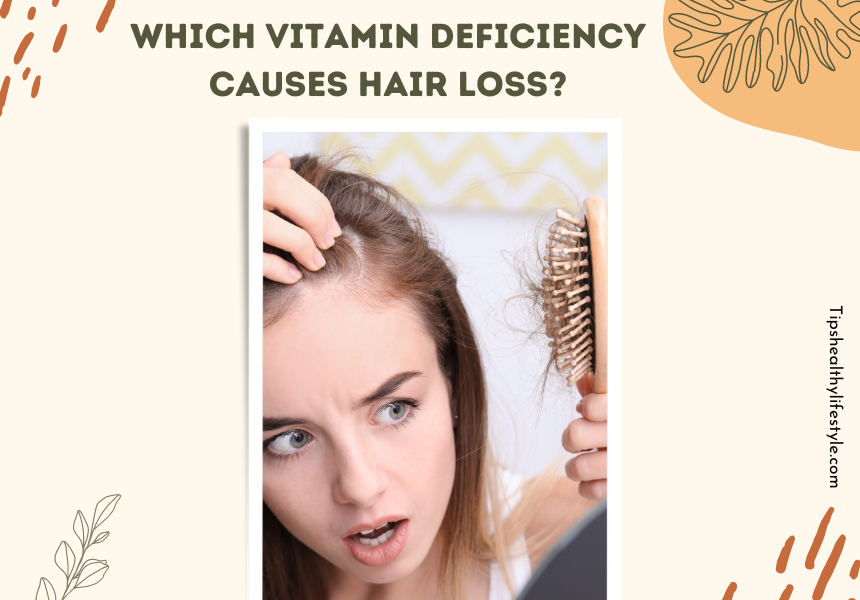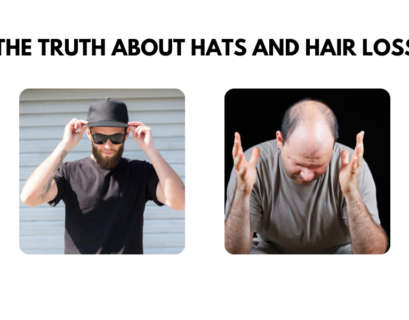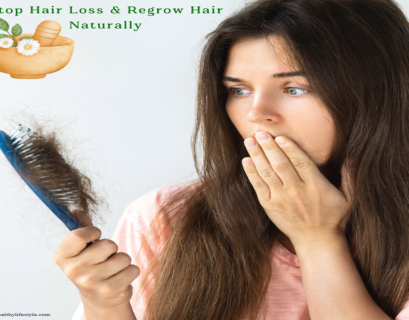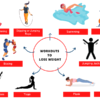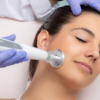Hair loss is one of the most prevalent issues in the modern world. If you make a few little lifestyle adjustments, you can stop hair loss in its tracks. A lack of vitamins and minerals is one of the factors that contribute to hair loss. You can stop losing hair if you eat a nutritious diet of vitamins and minerals.
I’ll let you know today which vitamins and minerals cause hair loss. To stop or minimise hair loss, carefully read the next section.
Vitamin or Minerals Deficiencies That Cause Hair Loss
1.Vitamin B12 (cobalamin)
Cobalamin, or vitamin B12, is a water-soluble vitamin essential for metabolism. Your hair follicles may be less effective at producing new hair when your vitamin B12 levels are low, which can lead to hair loss.
Vitamin B12 helps red blood cells, which supply oxygen to your hair follicles, function more easily. Due to the increased oxygen flow to hair follicles, vitamin B12 may give you the appearance of fuller, thicker hair by encouraging the restoration of lost strands. The symptoms of anaemia, which are linked to low iron levels, hair thinning, and hair loss, can also be brought on by a vitamin B12 deficiency.
Fish, meat, poultry, eggs, and dairy products are just some foods that naturally contain vitamin B12. The richest foods include liver, beef, sardines, clams, beef, tuna, salmon, trout, etc. You can use multivitamin supplements instead of these, but only after visiting a licensed medical professional.
2.Vitamin D
Vitamin D One of the primary signs of vitamin D deficiency in men and women is hair loss or thinning. Vitamin D increases your hair follicles, causing them to function more regularly and begin renewing hair. Your body’s ability to produce new hair could be slowed down or prevented if you have a vitamin D deficiency.
Unfortunately, very few foods naturally contain sufficient amounts of vitamin D. However, vitamin D supplements are a fantastic way to increase vitamin D levels in your blood. Vitamin D can be found in the sun, seafood, eggs, mushrooms, milk, orange juice, cereal, muesli, and other foods.
3.Vitamin B7 (Biotin)
A biotin deficiency may be to blame if you notice that your hair is thin, brittle, and thinning out more and more each day. The body’s enzymes that break down compounds like lipids, carbohydrates, and other materials depend on biotin in crucial ways. Hair thinning and a rash on the face might result from a biotin deficit. Biotin can promote healthy hair growth.
Foods containing eggs, milk, and bananas contain biotin (vitamin B7). Foods high in biotin (vitamin B7) include organ meats, eggs, salmon, meat, seeds, nuts, and some vegetables (such as sweet potatoes).
Several biotin pills on the market can help those deficient in the vitamin, but you shouldn’t take them unless your doctor tells you to.
4.Vitamin B2 (Riboflavin)
If you don’t receive enough riboflavin, often known as vitamin B2, it could lead to hair loss. Numerous processes, such as cell growth, fat metabolism, and energy production, require this vitamin.
Although nutritional deficiencies of vitamin B2 are uncommon in the United States, your body’s supply might be hampered by drugs, alcohol, pregnancy, and lactation. This shortage also frequently appears alongside a more widespread lack of B vitamins.
According to health experts, increase your riboflavin intake by eating more dairy products, fatty fish, and leafy greens like spinach.
5.Vitamin A
A vital ingredient for people, vitamin A, is fat-soluble. Retinol, retinal, retinoic acid, and numerous provitamin A carotenoids are among the chemical substances that make up this group. Your cells must have vitamin A to grow, and healthy cells promote healthy hair growth. A vitamin A deficiency can destroy your hair follicles, leading to hair loss.
People deficient in vitamin A may discover that their hair is weaker and more prone to breaking and loss. Vitamin A in the proper dosage can promote healthy hair development and thicker, stronger hair. Between 5,000 and 25,000 IU of vitamin A daily is advised to treat disorders that cause chronic hair loss.
Yoghurt, cheese, eggs, oily salmon, milk, and retinol are all excellent sources of vitamin A. To reduce a lack of vitamin A, you can take multivitamins.
6.Vitamins C
Hair loss prevention depends heavily on vitamin C. Numerous issues relating to our hair that hinder hair development may have low vitamin C consumption as their primary cause. A lack of vitamin C can cause split ends and damaged hair.
Vitamin C’s essential property, which produces the protein known by the more widely used name, collagen, has positive effects on your hair. Hair development is improved, hair loss is decreased, and vitamin C helps to maintain healthy hair.
Citrus fruits, including oranges and orange juice, peppers, strawberries, black currants, broccoli, Brussels sprouts, and potatoes, are all excellent sources of vitamin C.
7.Vitamin E
A variety of fat-soluble vitamin E forms and healthy skin and hair depend on it. Lackluster hair quality is associated with an unhealthy scalp. Because it lowers oxidative stress and maintains the lipid layer that protects the scalp, vitamin E gives your hair a solid foundation to grow from.
Due to its capacity to profoundly moisturize and defend against hair damage, vitamin E oil is well known for being good for the hair and scalp. Vitamin E oil aids in stimulating hair development while also restoring split ends, damaged hair, and unruly hair.
Almonds, peanuts, pumpkin, asparagus, sunflower, safflower, and other plant-based oils as well as these foods and others are good sources of vitamin E. Vitamin E supplementation boosted hair growth in patients with hair loss, according to a short experiment from 2010.
8.Iron
Hair loss cannot only be caused by vitamin deficiency. To halt hair loss, some nutrients are also crucial. Taking iron supplements daily is crucial to maintain normal and healthy hair growth. It transports oxygen and red blood cells throughout your body, including your scalp.
The hair should regrow once the underlying iron shortage is remedied if low ferritin is the cause of your hair loss. The regrowth of your hair can take several months. According to most researchers, we need 50–70 nomograms per millilitre of ferritin for hair regeneration.
Meat, poultry, and shellfish are the foods that contain the highest concentrations of iron. Legumes (mixed beans, baked beans, lentils, and chickpeas) are excellent sources of iron, as are dry fruits, vegetables (such as spinach and broccoli), and legumes.
9.Zinc
A zinc shortage can result in hair loss similar to that from an iron deficiency and can also harm any remaining hair, causing it to split. Zinc can be important when producing proteins for your hair and other tissues. Poor wound healing, hair loss, and a weakened sense of taste or smell indicate low zinc levels.
Your hair will remain strong with the aid of zinc. However, zinc unquestionably aids in reducing hair loss. Researchers are still determining whether zinc aids in hair regrowth. Most hair professionals advise a daily maximum of no more than 25 mg, while some experts advise a dose of no more than 15 mg as a chelate.
Whole grains and legumes are two examples of plant foods that are excellent providers of zinc. Fish, poultry, and meat are abundant sources of zinc.
Final Words
In conclusion, maintaining a nutritious diet rich in vitamins and minerals is crucial for preventing hair loss. Hair loss can be caused by deficiencies in essential nutrients such as vitamin B12, vitamin D, vitamin B7 (biotin), vitamin B2 (riboflavin), vitamin A, vitamin C, vitamin E, iron, and zinc.
These deficits can be remedied by including whole grains, citrus fruits, leafy greens, fish, meat, poultry, eggs, dairy products, nuts, and seeds. However, consulting with a licensed medical professional before considering supplements is important. You can promote healthy hair growth and minimize hair loss by prioritizing a well-balanced diet and ensuring adequate nutrient intake.

